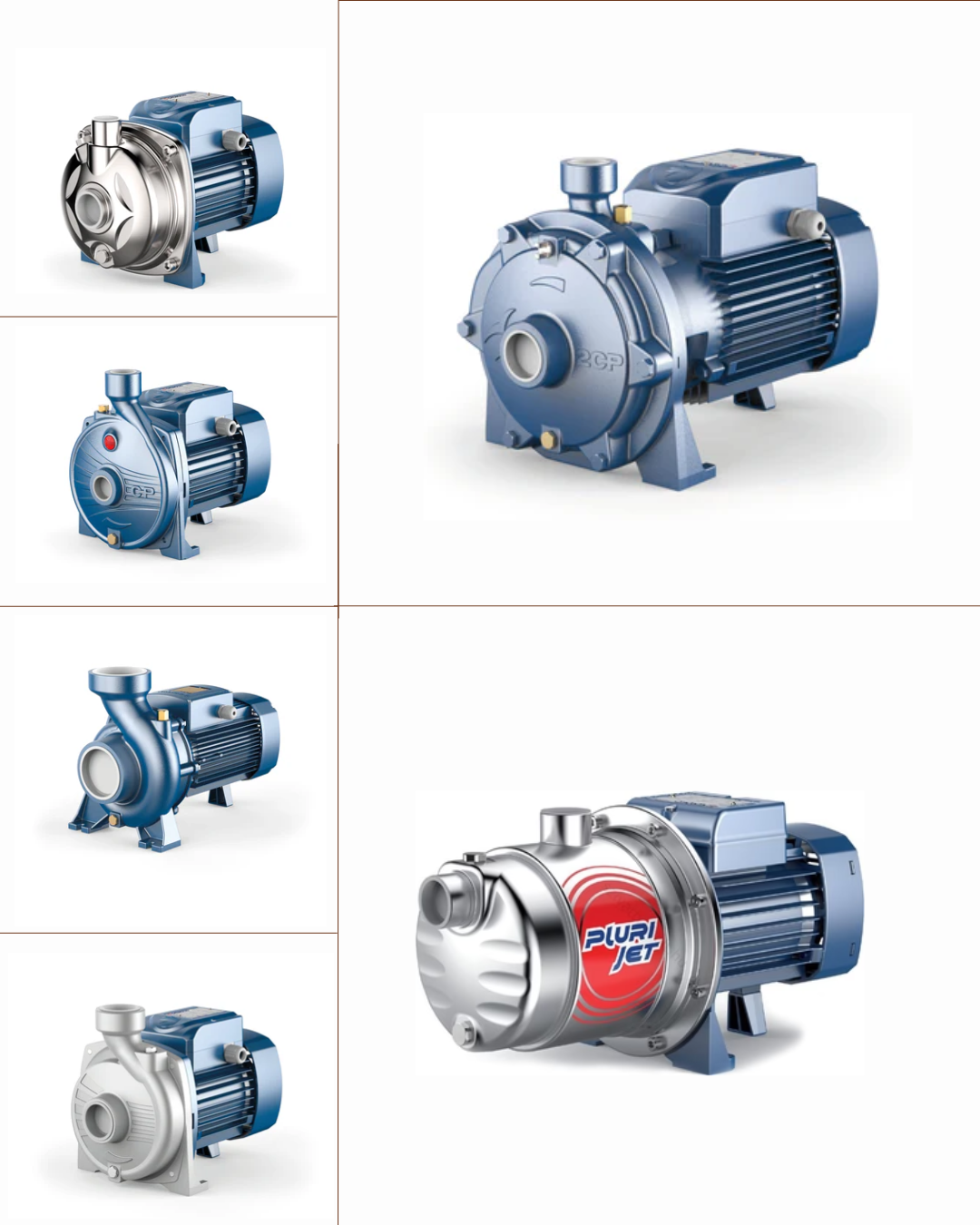The Environmental Impact of Traditional Water Pumps vs. Modern Alternatives
Posted by Allen Wright on
What if the water pump in your system was quietly harming the planet? This question might seem far-fetched, but traditional water pumps—widely used across industries—can significantly affect the environment.
These systems, while functional, often consume excessive energy, emit greenhouse gases, and require frequent maintenance, leading to resource depletion and pollution. As we strive for sustainability, modern technologies present compelling solutions. But how do they measure up?
Power Plus Retailers Powered by Wilchestrade LLC offers reliable, high-quality water pump solutions designed to meet modern efficiency and environmental standards.
The Need for Sustainable Water Pumping Solutions
Water pumps are indispensable in agriculture, industrial operations, and municipal systems. Yet, traditional pumps are notorious for their inefficiencies. They often waste energy and water due to outdated designs and materials, contributing to high operational costs and environmental damage. Studies reveal that inefficient water pumps can account for up to 20% of global energy consumption in some sectors.
The environmental impact of water pumps—specifically traditional models—is a pressing concern. Issues like excessive carbon emissions, water wastage, and over-reliance on fossil fuels necessitate a shift towards more sustainable alternatives. Enter modern water pump technologies, which promise better efficiency, reduced ecological footprints, and long-term cost savings.
Modern Water Pumps: A Game-Changer for Sustainability
Modern water pumps are engineered to address the shortcomings of their predecessors. Here’s how they make a difference:
1. Energy Efficiency
Modern pumps, such as the Pearl series of stainless steel water pumps, are designed for optimal performance with minimal energy use. Variable frequency drives (VFDs) enable these pumps to adjust speed and flow based on demand, cutting down unnecessary energy consumption.
Compared to traditional models, modern pumps can reduce energy usage by up to 40%, significantly lowering carbon emissions.
2. Durable and Eco-Friendly Materials
Stainless steel water pumps are corrosion-resistant and longer-lasting, reducing the frequency of replacements and waste generation.
These materials are recyclable, further decreasing their environmental impact.
3. Advanced Technology
Features like remote monitoring and automated controls improve efficiency by ensuring pumps operate only when necessary.
Modern designs prioritize precision, preventing water wastage and ensuring optimal usage.
4. Minimal Maintenance Requirements
High-quality, heavy-duty industrial water pumps require less frequent servicing, saving resources and reducing downtime.
Their robust construction also ensures fewer breakdowns, limiting the environmental toll associated with repairs and replacements.
Key Benefits of Modern Alternatives
Upgrading to modern water pumps isn’t just an eco-conscious decision; it’s also a smart business move. Here are the standout benefits:
· Cost Savings: Energy-efficient designs translate to lower electricity bills and reduced operational expenses.
· Sustainability: Using the best reliable quality water pumps minimizes environmental harm and supports global sustainability goals.
· Reliability: Modern pumps are engineered for consistent performance, ensuring smooth operations across industrial applications.
Comparing Traditional and Modern Water Pumps
To better understand the environmental impact of water pumps, let’s break it down:
|
Feature |
Traditional Pumps |
Modern Alternatives |
|
Energy Consumption |
High; leads to excessive carbon emissions |
Low; advanced systems optimize energy use |
|
Material Durability |
Prone to rust and wear; frequent replacements |
Stainless steel construction ensures longevity |
|
Maintenance Needs |
High; regular repairs and replacements required |
Minimal; robust design reduces downtime |
|
Environmental Impact |
Significant; high energy and resource wastage |
Reduced; eco-friendly materials and efficiency |
Choosing the Right Pump: Why It Matters
Selecting the right water pump for your needs isn’t just about meeting operational requirements. It’s also about choosing sustainability. Modern pumps, especially industrial high-pressure water pumps, ensure efficient water distribution with minimal environmental drawbacks. Investing in a high-quality pump today can reduce your ecological footprint while boosting your system’s reliability.
When exploring options, it’s essential to consider the long-term impact of your choice. Pumps like those from the Pearl series combine cutting-edge technology with sustainable practices, making them a top pick for industries aiming to balance performance with environmental responsibility.
Modern Pumps—The Path to a Greener Future
Could the pump you choose today define your contribution to a sustainable tomorrow? The answer is a resounding yes. By replacing traditional water pumps with modern, efficient alternatives, we can significantly mitigate the environmental impact of water pumps. This shift not only supports ecological preservation but also offers tangible benefits in terms of cost savings, reliability, and operational efficiency.
At Power Plus Retailers Powered by Wilchestrade LLC, we’re committed to offering the quality water pumps to meet your needs sustainably. From heavy-duty industrial water pumps to stainless steel options, our products are designed to combine performance with eco-consciousness. Browse our selection today and discover how our solutions can help you achieve your operational goals while protecting the environment.

